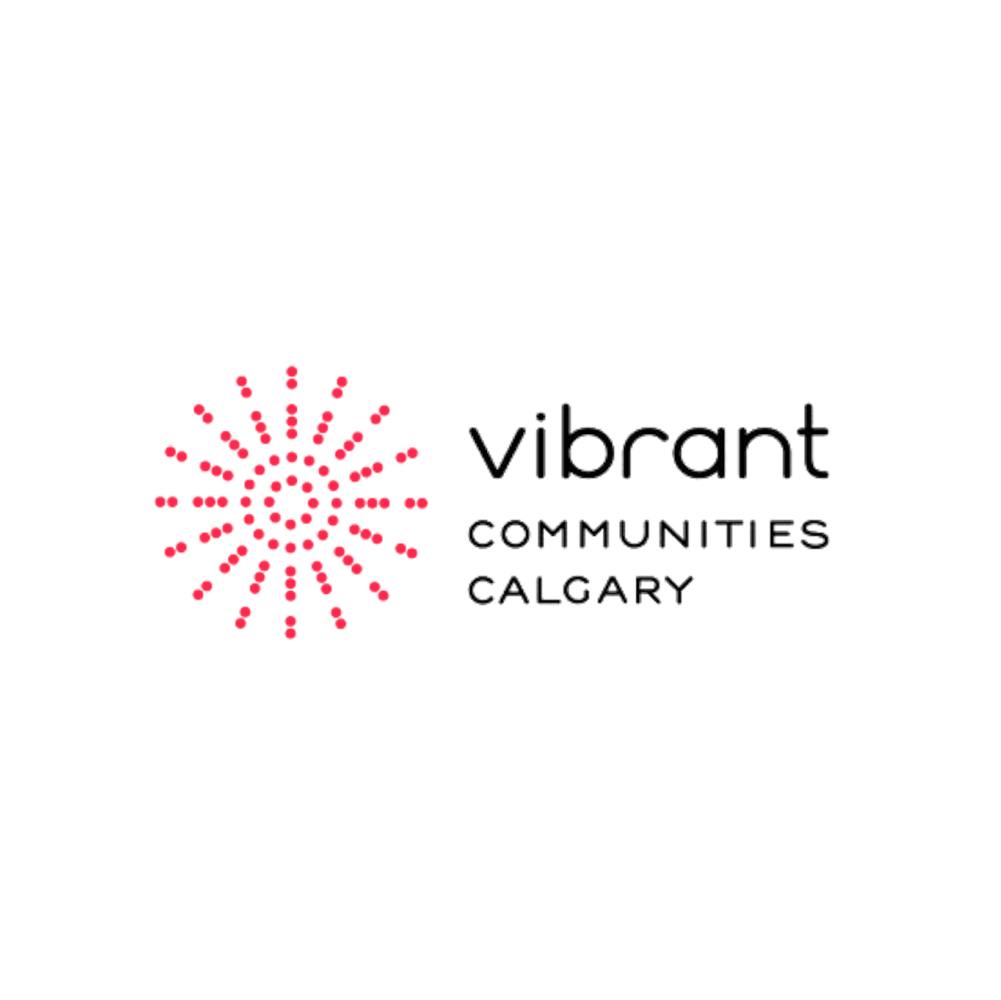2017 was the third year of implementing Enough for All. Given the complexity of the underlying causes of poverty – including income, mental health, education, racism and marginalization – a foundation of the strategy is that all sectors need to work differently. As a community, it requires that we balance our organizational goals with the needs of our fellow Calgarians who live in chronic scarcity. No one sector or organization can reduce the prevalence of poverty in our community. Greater collaboration is required.
The past year saw greater signs of progress on this front. The Financial Empowerment Collaborative coordinated the filing of 8,000+ tax filings, resulting in $3.7 million in refunds. The Social Policy Collaborative launched a shared policy pilot in which 11 organizations contributed funds to the University of Calgary’s School of Public Policy to provide evidence-based research on both basic income and the changing face of poverty in Alberta. The research will provide a foundation for advocacy moving forward. The Community Hubs Collaborative created a toolkit – a resource that any group can use to improve access to services in their community. The City of Calgary launched the sliding scale transit pass, which over 40,000 accessed in the first few months of its implementation alone. The City’s Fair Entry program continued to remove barriers to its services. The Community Housing Affordability Collective has been fully active in promoting the development and improved accessibility of affordable housing. The Indigenous Advisory Committee held two community sessions to deepen the community’s understanding and help advance the response by organizations and individuals to the 94 calls to action in the Truth and Reconciliation Report.
